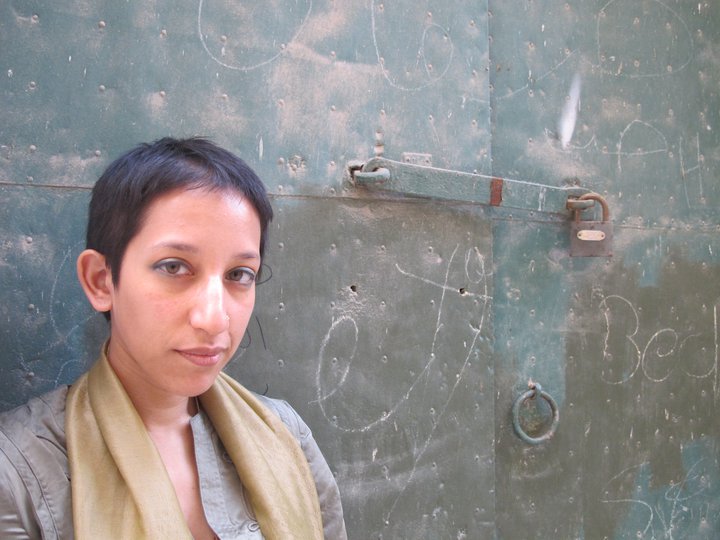The inspiration came entirely from Jatinder Verma who runs the Tara Arts theatre in London. He suggested that I might adapt Antigone in a contemporary context as a play. Once I started to think about it though, I realised there was a novel in it, set in contemporary London (and perhaps I also realised that my brain doesn’t really know how to write plays).
I don’t ever write novels because there’s something I want to say. I write novels to explore characters and ideas – having become a British citizen in 2013 I was particularly interested in how citizenship laws change, and what they reveal about a country. In particular, I was interested in Theresa May (who was Home Secretary at the time) wanting to expand the laws to strip people of citizenship, and the ways in which that was clearly aimed particularly at British Muslims.
I can’t possibly answer that question with total honesty.
Q. Both Isma and Aneeka choose to wear some sort of head-covering but this isn’t central to their character necessarily. Why was it important for you to make this distinction and for them to be practising Muslims?
Do you know anyone who views a hijab as central to their character? I don’t. It’s often central to how other people view women in hijab, but that’s a completely different matter. Many of the decisions that happen in a novel aren’t thought through ideas – they’re just part of the way character and story unfold as you write. When I first started to write Isma’s character I didn’t imagine her with her head covered, but about one page in I found myself writing something that indicated she does cover her head, and I thought, well, ok.
I tend not to question these early decisions in the writing process -you just go with them and see where they lead.
I don’t think anything has particularly surprised me, but perhaps I say that because I don’t feel ‘Muslim female identity’ is something I particularly have a view on. Just in the last year or so I’ve been in Sarajevo, Istanbul, Karachi, London, New York – all places where I’ve encountered many Muslim women, but I don’t think there’s anything in particular I can say that would bind them all together under the term ‘Muslim female identity’. I would guess that broadly speaking, Muslim women in Sarajevo have more in common with their non-Muslim compatriots than they do with Muslim women from Pakistan or Turkey.
I was in a supermarket, buying rice. I reacted by putting down the rice and walking out of the supermarket in order to call my parents and sister.
I don’t think it serves any purpose to even ask the absurd ‘is Islam compatible with the West’ question.
No. Activists know how to be activists; novelists know how to be novelists. That doesn’t mean writers don’t engage with the world around them – I just don’t think activism is necessarily the way in which they do it. And I do think we’ll be seeing more politically engaged novels coming out of the UK in the years to come.
That I’m far more interested in answering questions about characters I make up than I am in answering questions about myself.
Best advice – know the rules of writing, understand the rules of writing, but don’t forget the only real rule is ‘if it works, do it’.
Worst advice – can’t think of any. If it strikes me as bad advice I suppose my brain doesn’t retain it.
Kamila Shamsie is the author of seven novels, which have been translated into over 20 languages. Home Fire was longlisted for the Man Booker Prize, Burnt Shadows was shortlisted for the Orange Prize for Fiction, and A God in Every Stone was shortlisted for the Bailey’s Women’s Prize for Fiction. Three of her other novels (In the City by the Sea, Kartography, Broken Verses) have received awards from the Pakistan Academy of Letters. A Fellow of the Royal Society of Literature, and one of Granta’s ‘Best of Young British Novelists’, she grew up in Karachi, and now lives in London.
